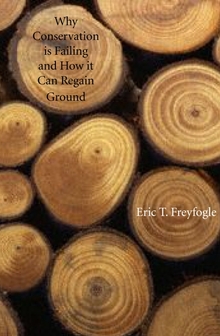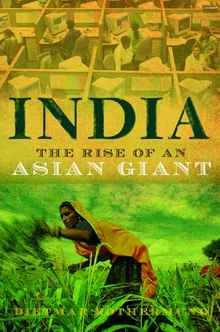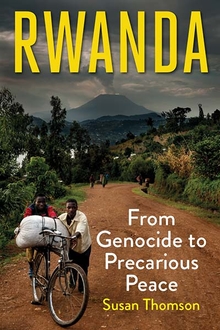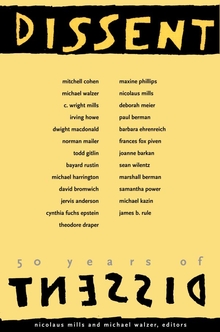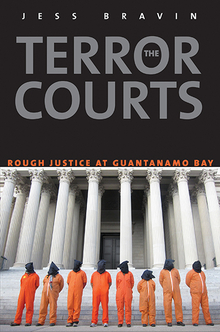Why Conservation Is Failing and How It Can Regain Ground
WARNING
You are viewing an older version of the Yalebooks website. Please visit out new website with more updated information and a better user experience: https://www.yalebooks.com
Eric T. Freyfogle
Critics of environmental laws complain that such rules often burden people unequally, restrict individual liberty, and undercut private property rights. In formulating responses to these criticisms, the conservation effort has stumbled badly, says Eric T. Freyfogle in this thought-provoking book. Conservationists and environmentalists haven’t done their intellectual homework, he contends, and they have failed to offer an understandable, compelling vision of healthy lands and healthy human communities.
Freyfogle explores why the conservation movement has responded ineffectually to the many cultural and economic criticisms leveled against it. He addresses the meaning of good land use, describes the many shortcomings of “sustainability,” and outlines six key tasks that the cause must address. Among these is the crafting of an overall goal and a vision of responsible private ownership. The book concludes with a stirring message that situates conservation within America’s story of itself and with an extensive annotated bibliography of conservation’s most valuable voices and texts—important information for readers prepared to take conservation more seriously.
"We've lost our way, but we can find our path again if we take seriously Eric Freyfogle's courageous and clear-headed assessment. His is at once a summons back to the core truths of conservation in law, democracy, and land health and a provocative call for cultural change that honors nature and posterity. Why lament the death of environmentalism when we have, right here, a clear vision of rebirth?"—David W. Orr, author of The Last Refuge
"We've lost our way but Eric Freyfogle's courageous and clear-headed assessment offers realistic hope to find our path again and recapture the ground lost in the last twenty years. His is a summons back to basics of law, democracy, land health, and the roots of conservation thought, and a call toward a future that honors the prospects of posterity." — David W. Orr, author of The Last Refuge
"Freyfogle seeks to surmount what he terms ‘our dominant liberal ideology’ to instill an alternative view of the human responsibility to nature, i.e., a conservation ethic."—Robert B. Keiter, author of Keeping Faith with Nature: Ecosystems, Democracy, and America’s Public Lands
"I expect this book will be broadly appreciated by people not only in the conservation movement but people everywhere interested in securing a more human and sustainable world for us all."—Tim Clark, author of The Policy Process: A Practical Guide for Natural Resources Professionals
"Freyfogle makes a strong case for a moral and ethical basis for conservation which recognizes human beings as part of the landscape, not alien creatures who parachuted in from outer space. . . . Worthwhile."—G. Tracy Mehan III, The Environmental Forum
Publication Date: April 21, 2006

